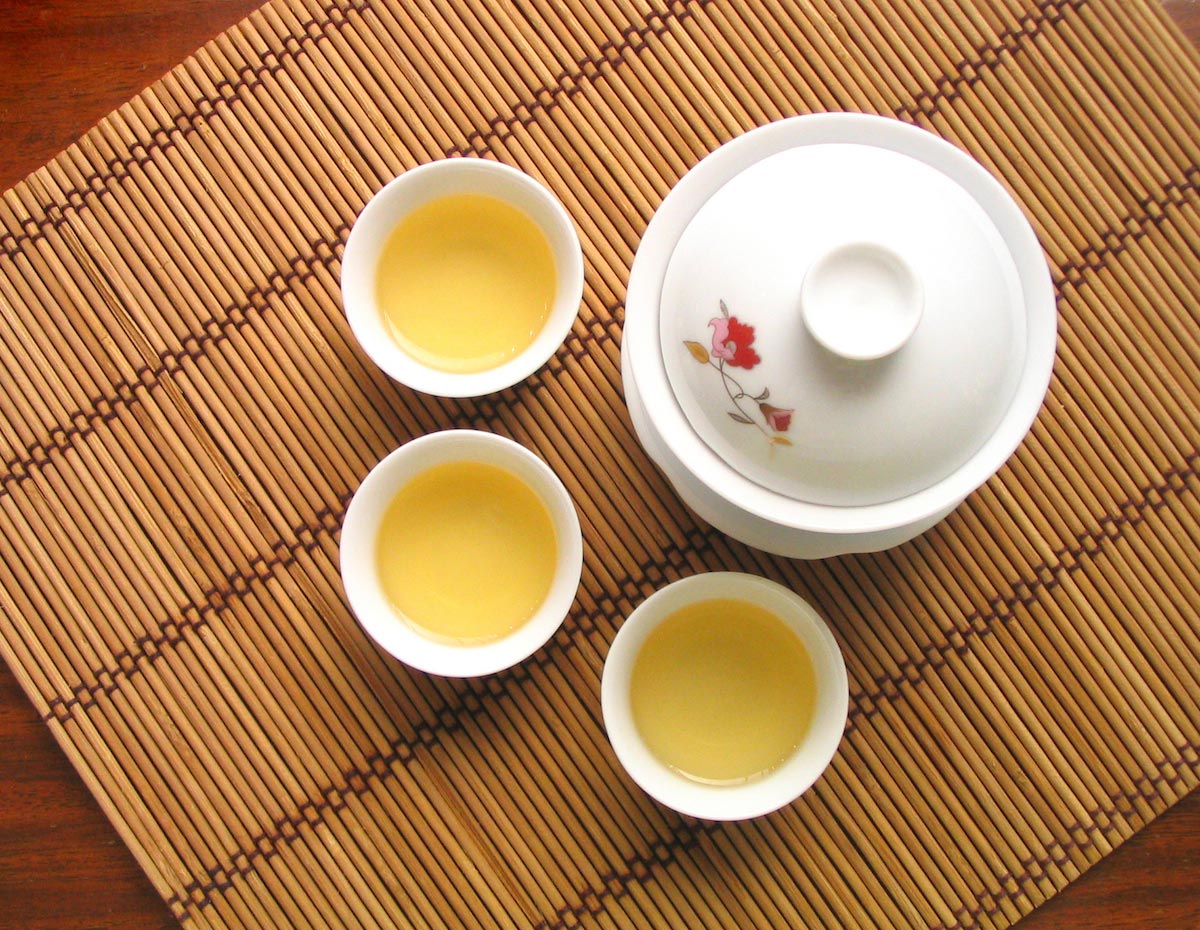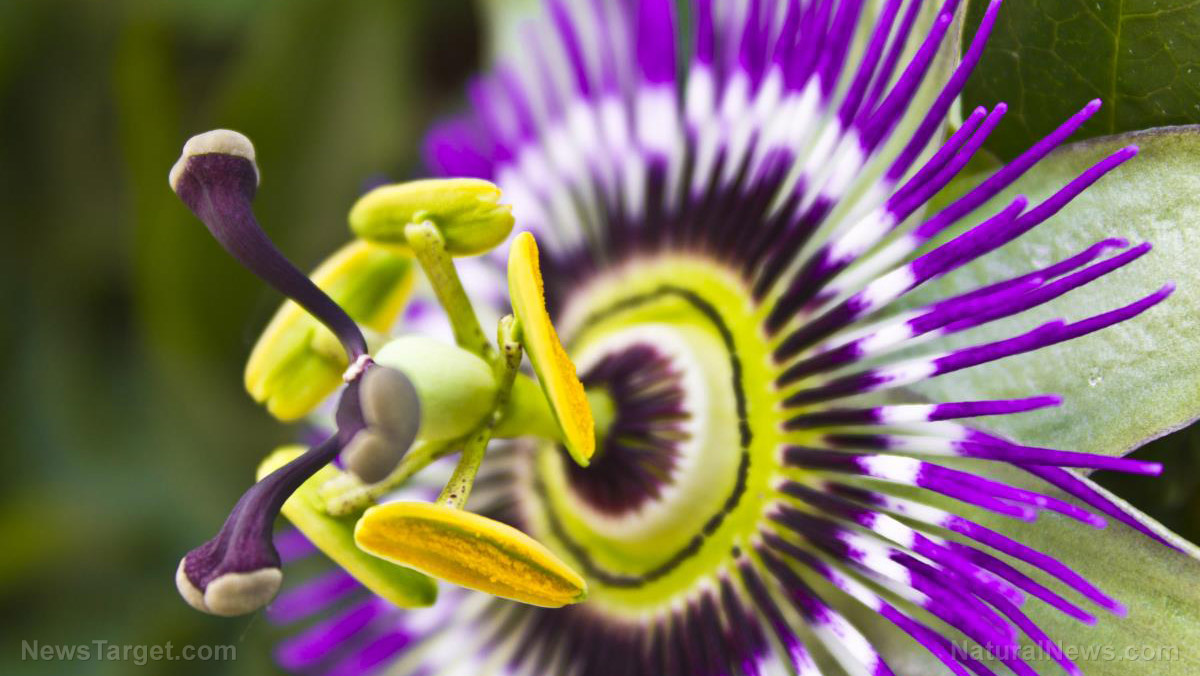Study: The calming effects of the cattle stick plant may help control manic behavior
07/01/2020 / By Evangelyn Rodriguez

The cattle stick plant, scientifically known as Carpolobia lutea, is a small tree or shrub native to the tropical regions of west Africa. It is occasionally cultivated for its edible leaves, which are eaten as a vegetable by locals. Its wood is also considered useful due to its durability, inflammability and resistance to termites. It is often used to make house posts, walking sticks, tool-handles, household utensils and torches.
The leaves, roots and stem bark of the cattle stick plant are also used for medicinal purposes. Rich in bioactive compounds, such as flavonoids, alkaloids, cardiac glycosides, terpenes and saponins, the cattle stick plant is credited with having powerful anti-inflammatory, antimicrobial, anti-arthritic, anti-diarrheal and anti-nociceptive properties. Its root extract is also a potent aphrodisiac that can increase the production of reproductive hormones.
In a recent study, researchers from Nigeria and Uganda found another use for the cattle stick plant. They reported that the ethanol extract obtained from its roots can influence brain activity and reduce locomotor activity and exploratory behavior in mice. The researchers discussed their findings in an article published in The Journal of Phytopharmacology.
Cattle stick root extract exerts calming effect
According to the researchers, the cattle stick plant is widely used as an alternative medicine for various illnesses, especially in western Africa.
To explore the biological properties of the cattle stick plant, the researchers used the open field maze and a light-dark transition box and observed the behavior of 30 male Swiss mice. They divided the mice into three groups:
- Group I (control group) — given 0.9 percent normal saline
- Group II — given 200 mg/kg body weight cattle stick ethanolic root extract
- Group III — given 400 mg/kg body weight cattle stick ethanolic root extract
The researchers administered the extract via oral gavage five minutes before the animals were introduced to the experimental mazes.
The researchers reported that the number of line crosses, frequency of rearing, walling activity and central square entries following treatment was dose-dependently decreased in groups II and III. They also observed a corresponding increase in the frequency and duration of freezing behavior in the extract-treated groups.
The researchers said these behavioral changes imply that the cattle stick extract can reduce locomotor activity and exploratory behavior in mice, which suggests sedative properties. These properties may prove useful for the management of manic behavior in humans.
The researchers attributed the calming effect of the cattle stick extract on mice to its ability to reduce the activity of the amygdala, the brain region that processes emotions, memories and motivation. (Related: Meditation changes the way your brain processes emotions.)
Other medicinal plants with sedative properties
Mental disorders, such as anxiety or bipolar disorder, are usually managed with sedatives, a type of prescription medication that slows brain activity to produce calm and induce sleep. While largely helpful, the use of sedative drugs can lead to dependence or addiction. Research also suggests that they produce unwanted side effects, such as: (h/t to EverydayHealth.com)
- Drowsiness, dizziness and confusion
- Problems with movement and memory
- Slowed heart rate and breathing
- Increased risk of falls and injury
- Worsening of depression and anxiety symptoms
- Impaired attention and judgment
- Mood swings and inappropriate behavior
- Risk of dependence and addiction
On the other hand, there are medicinal plants that work just as well as modern sedatives without causing serious side effects. Here are some examples of calming herbs scientifically proven to be safe and effective natural sedatives:
- Starflower (Borage officinalis)
- English lavender (Lavandula angustifolia)
- Valerian (Valeriana officinalis)
- Saffron crocus (Crocus sativus)
- Lemon balm (Melissa officinalis)
- St. John’s wort (Hypericum perforatum)
- Purple passionflower (Passiflora incarnata)
- Common hops (Humulus lupulus)
Medicinal plants are reliable remedies for variety of illnesses. Besides being naturally blessed with medicinal components, plants also promise relief without harming the health.
For more news on plants that support mental health, visit Mental.news.
Sources include:
PhytopharmaJournal.com [PDF]
NeuroScientificallyChallenged.com
JBCP.Shahed.ac.ir [PDF]
Tagged Under: alternative medicine, brain function, calming effect, Carpolobia lutea, cattle stick, herbal medicine, Herbs, mental health, natural medicine, plant medicine, research, Sedative





















